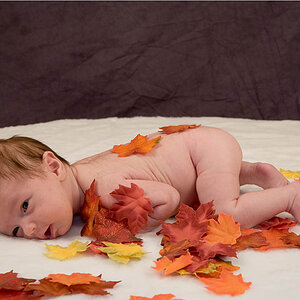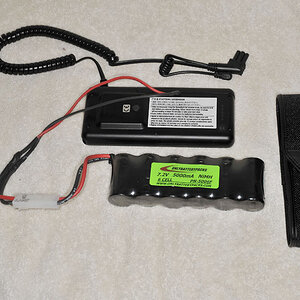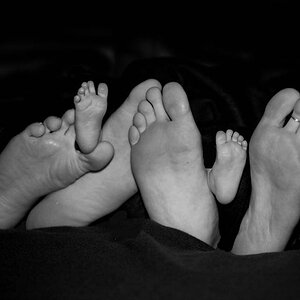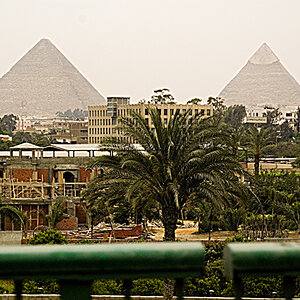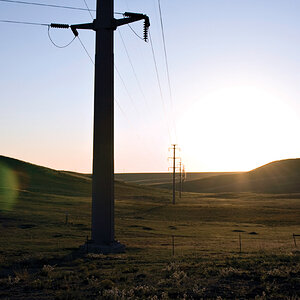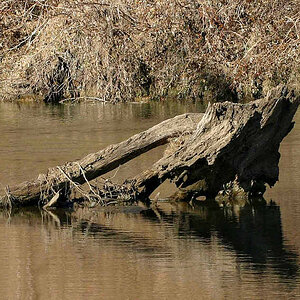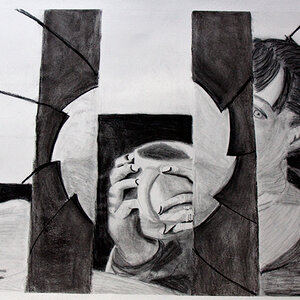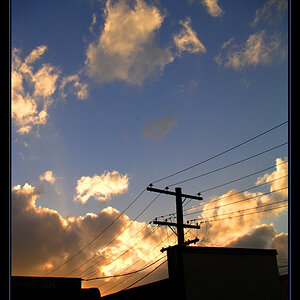crazy_dragonlady
TPF Noob!
- Joined
- Feb 23, 2008
- Messages
- 163
- Reaction score
- 0
- Location
- SE Pennsylvania
- Can others edit my Photos
- Photos OK to edit
... that is the question. 
I want to start off by apologizing if this issue has been touched on here before as I haven't done a thorough search on this topic.
Do you prefer photos that have been edited with some program like photoshop or Gimp? Or do you prefer to leave them "natural" as in no post-editing?
Personally, I tend to leave my photos as they were taken. The only type of post-editing I do is alter the exposure/levels as I am still learning what settings look good.
The reason I am asking this is due to my comments about a photo being shot down. The photo, in my opinion, had been retouched too much. So much so that the subject of the photo, which happens to be a portrait of a child, had pretty much no texture at all to the skin on certain areas of the face. Now whether this had to do completely with the editing that was done on the computer or not is not known as I haven't seen the original. To me, when I saw the photo, it looked "over-edited".
Basically what I'm trying to say I guess is that editing to fix errors made by the photographer (ie: over or under exposure, white balance errors etc.) are ok but going much past that to "enhance" the original photo defeats the purpose of taking the photo. IMHO that isn't being a photographer, that's being a graphic artist.
I thought this would be an interesting topic of discussion on here. Let's try to keep it clean!
ttfn
CDL.
I want to start off by apologizing if this issue has been touched on here before as I haven't done a thorough search on this topic.
Do you prefer photos that have been edited with some program like photoshop or Gimp? Or do you prefer to leave them "natural" as in no post-editing?
Personally, I tend to leave my photos as they were taken. The only type of post-editing I do is alter the exposure/levels as I am still learning what settings look good.
The reason I am asking this is due to my comments about a photo being shot down. The photo, in my opinion, had been retouched too much. So much so that the subject of the photo, which happens to be a portrait of a child, had pretty much no texture at all to the skin on certain areas of the face. Now whether this had to do completely with the editing that was done on the computer or not is not known as I haven't seen the original. To me, when I saw the photo, it looked "over-edited".
Basically what I'm trying to say I guess is that editing to fix errors made by the photographer (ie: over or under exposure, white balance errors etc.) are ok but going much past that to "enhance" the original photo defeats the purpose of taking the photo. IMHO that isn't being a photographer, that's being a graphic artist.
I thought this would be an interesting topic of discussion on here. Let's try to keep it clean!

ttfn
CDL.






